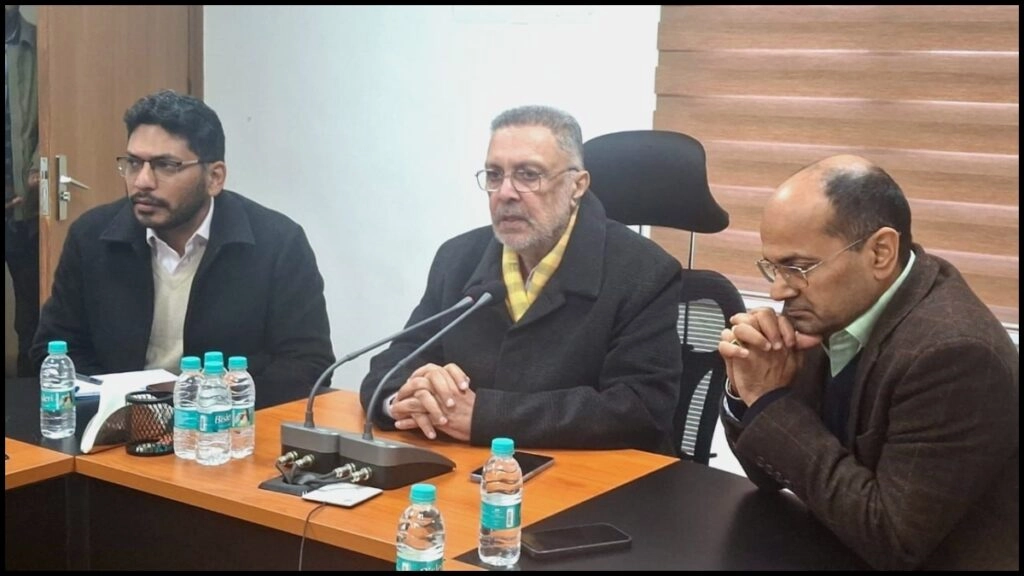India is taking significant steps to address the growing concern of pilot poaching, a practice that has detrimental effects on its aviation industry. In light of this issue, Indian authorities are advocating for the establishment of a global code of conduct aimed at preventing the unethical recruitment of pilots from one country to another. This initiative stems from the recognition that the aviation sector is not only crucial for national connectivity but also plays a vital role in economic growth and development. The poaching of skilled pilots, often enticed by lucrative offers from foreign airlines, poses a serious challenge to India’s ability to maintain a robust and competitive aviation workforce.
The urgency of this matter has been underscored by reports indicating that several international airlines have been actively recruiting Indian pilots, drawn by their high level of training and experience. This scenario not only leads to a talent drain within the country but also destabilizes the operational capabilities of domestic airlines. By proposing a global framework, India hopes to create a more equitable environment for the recruitment of aviation professionals. Such a code would ideally establish clear guidelines and ethical standards that airlines and recruitment agencies must adhere to, thereby discouraging predatory practices that undermine local industries.
Furthermore, the call for a global code of conduct is aligned with India’s broader strategy to enhance its aviation sector. The country is experiencing a rapid expansion in air travel, and ensuring that its workforce remains intact and well-trained is paramount for sustaining this growth. By collaborating with other nations and international aviation bodies, India aims to promote fair competition and protect its skilled labor force from being lured away. This proactive approach not only seeks to safeguard the interests of Indian pilots but also aims to foster a cooperative global aviation community that values ethical recruitment practices.
In summary, India’s initiative to establish a global code of conduct to prevent pilot poaching reflects a strategic effort to bolster its aviation industry while addressing the challenges posed by aggressive recruitment tactics of foreign airlines. By advocating for ethical standards in the recruitment of pilots, India seeks to protect its aviation workforce and ensure that the sector continues to thrive in the face of increasing competition. This initiative not only highlights the importance of maintaining a strong domestic airline industry but also underscores the need for international cooperation in addressing labor market challenges within the aviation sector.




